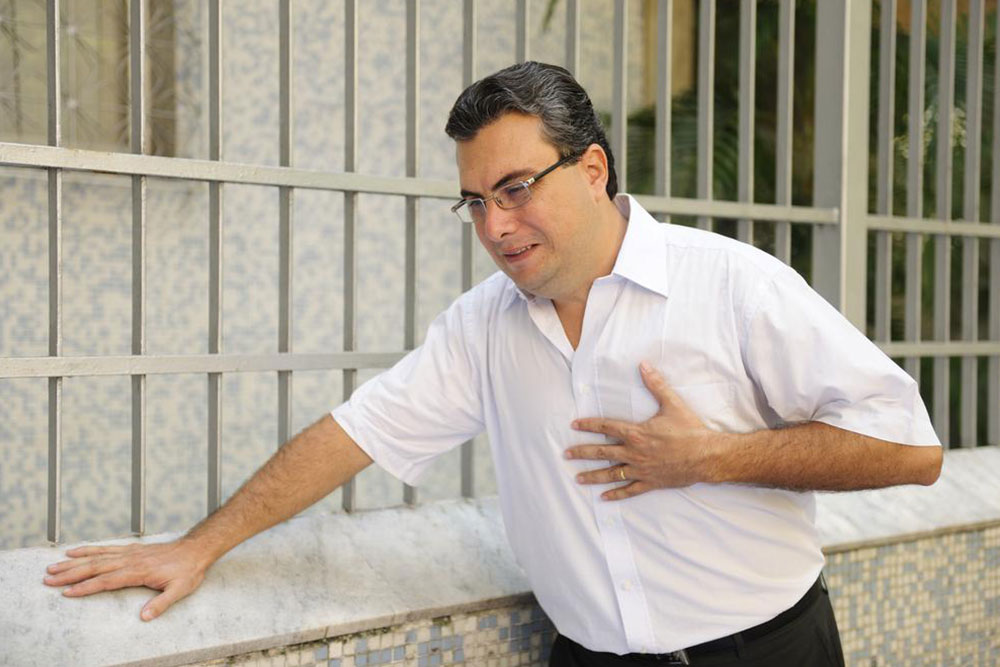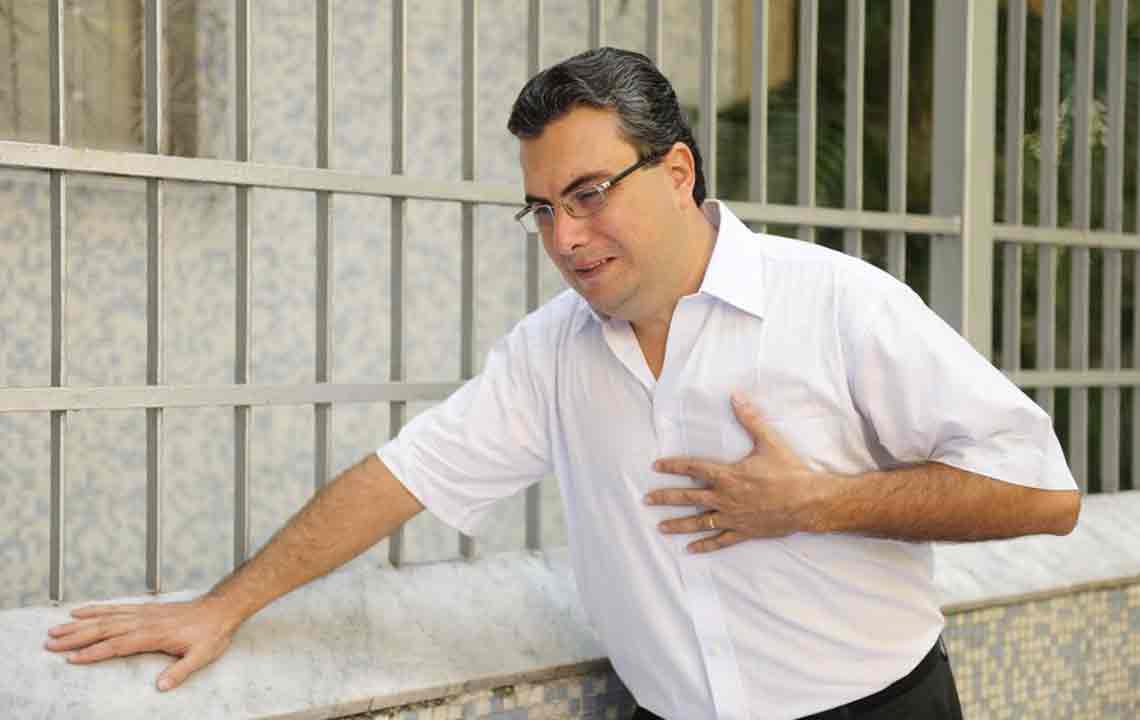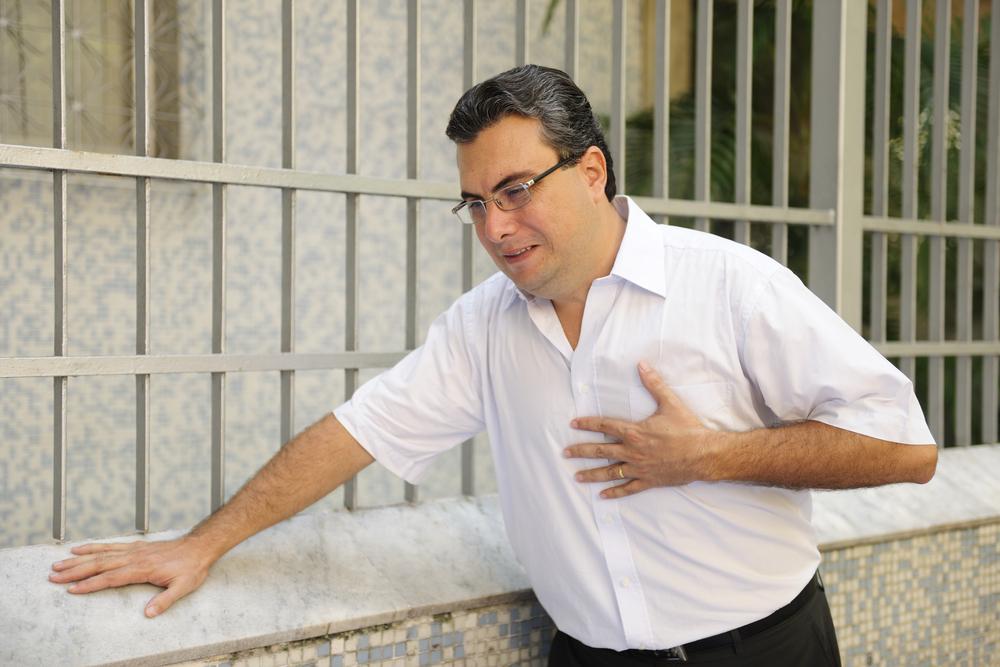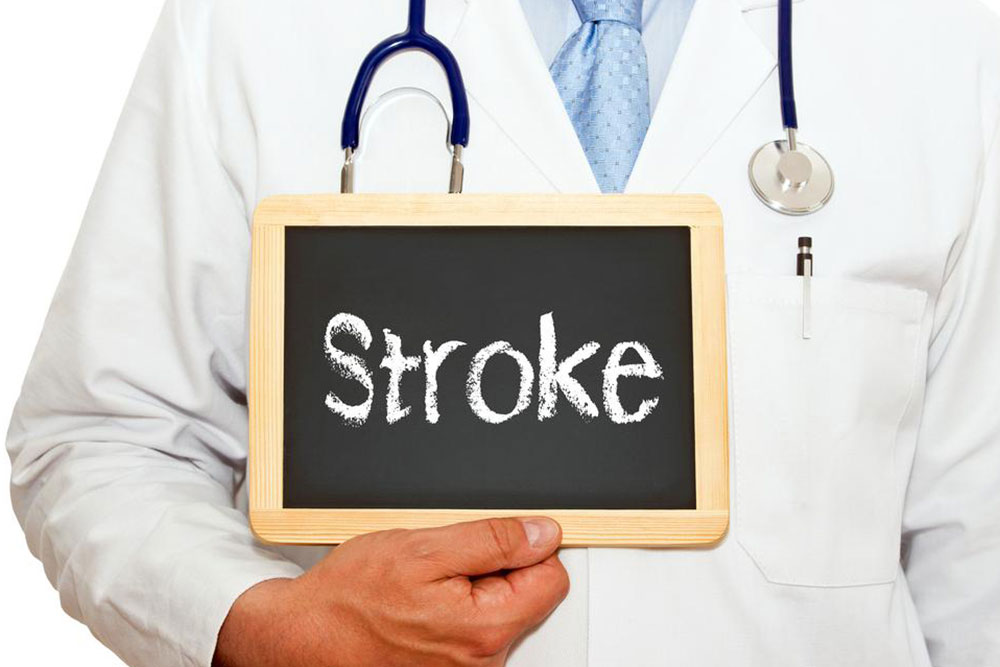Comprehensive Guide to Recognizing and Preventing Mini Strokes
This comprehensive guide explains the symptoms, urgent actions, and preventive measures for mini strokes, emphasizing the importance of quick response and lifestyle changes to reduce risk and prevent severe complications.
Sponsored

A mini stroke, medically known as a transient ischemic attack (TIA), occurs when blood flow to part of the brain temporarily decreases, depriving brain cells of oxygen and nutrients. If not promptly addressed, it can lead to severe strokes or neurological damage. Recognizing early signs is crucial for timely intervention.
**Key Signs and Symptoms**
Early detection of a mini stroke can prevent serious consequences. Watch out for symptoms such as speech difficulties, sudden weakness, visual disturbances, intense headaches, balance issues, behavioral changes, memory lapses, or trouble swallowing. These signs often appear on one side of the body. If you observe any of these, seek medical help immediately.
Speech problems
Slurred speech or confusion are common indicators.
Weakness or numbness
Sudden paralysis or numbness in one arm, leg, or facial muscles.
Vision issues
Blurred, blackened, or double vision may occur suddenly.
Severe headache
Intense headache with dizziness, vomiting, or fainting.
Coordination problems
Dizziness or unsteady gait, possibly stumbling.
Behavioral changes
Unexpected mood swings or erratic actions.
Memory issues
Forgetfulness or difficulty recognizing familiar places or people.
Swallowing difficulty
Trouble swallowing food or liquids.
If symptoms are present, immediate consultation with a healthcare provider is essential. Even transient symptoms should prompt urgent medical evaluation to prevent a full stroke.
**Emergency Response Tips**
Encourage the person to smile (check for unevenness), raise both arms (observe for weakness), and speak clearly (watch for slurred speech). If symptoms worsen or persist, call emergency services right away. Do not wait for symptoms to resolve, as delays can cause lasting damage.
**Treatment and Prevention**
Once in medical care, a team of specialists will evaluate and treat the patient. Lifestyle modifications can significantly reduce risk, such as maintaining a healthy weight, engaging in daily physical activity, moderating alcohol intake, and avoiding illegal drugs like cocaine or methamphetamine.
Living a healthy lifestyle and recognizing early signs are vital steps toward preventing mini strokes and safeguarding neurological health.






